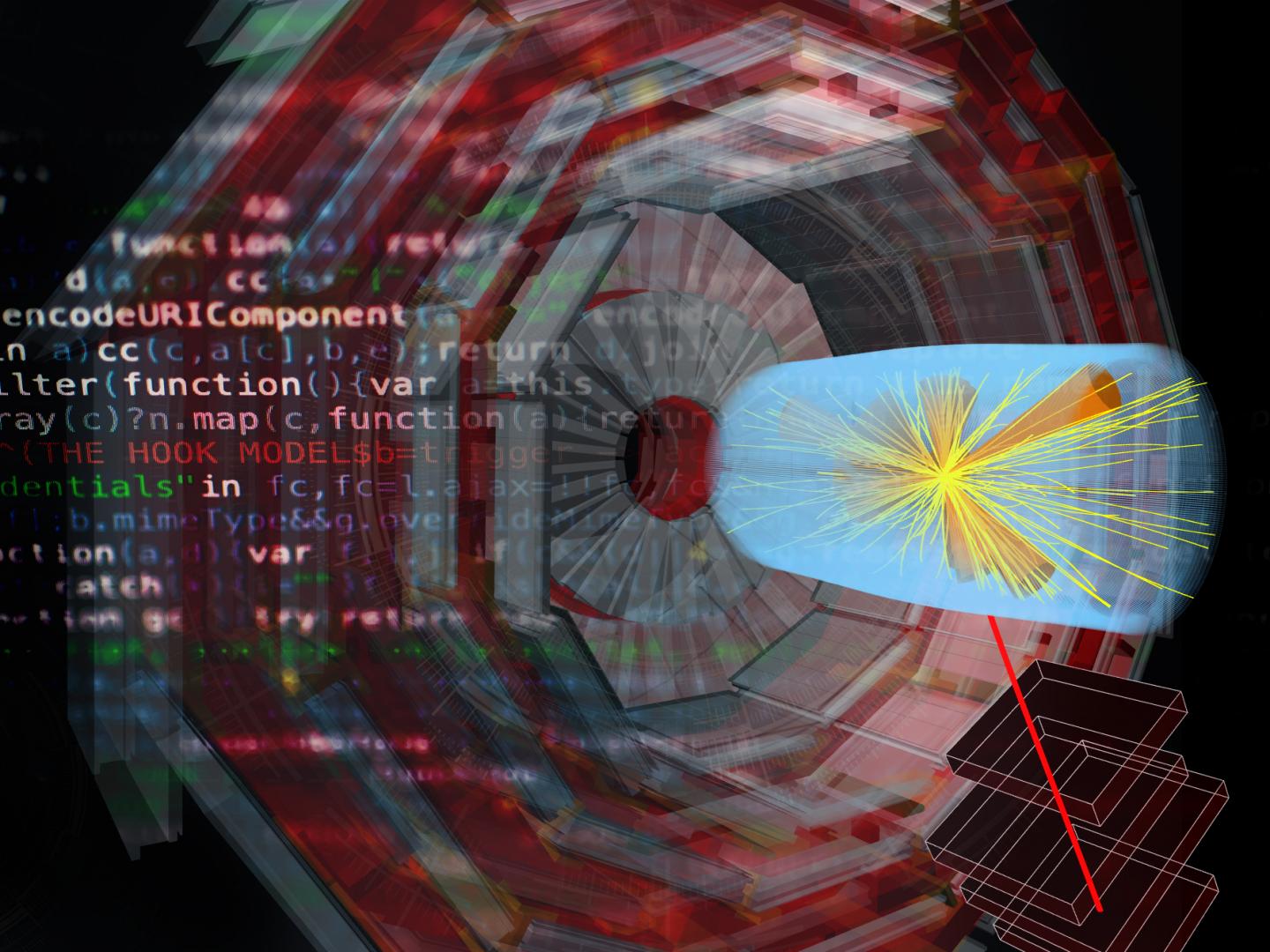DEFENSE
Germany's Helmholtz AI seeks a faster pathway to synthetic data
Helmholtz Association funds project for data acquisition using neural networks
In addition to experimentally generated data, fundamental research in physics also works with synthetically generated data. Acquisition of such data with currently available simulation methods is, however, time-consuming and ties up immense supercomputer capacity. A new project by the Deutsches Elektronen-Synchrotron (DESY, Hamburg), the Helmholtz-Zentrum Dresden-Rossendorf (HZDR), and the Center for Advanced Systems Understanding (CASUS, Görlitz) at the HZDR, is testing an approach with which data on physical systems behavior can be generated more quickly using neural networks. The "SynRap" project was selected for funding through a competitive process. The fifteen winning teams are to receive a total of 6.2 million euros over the next few years to carry out their projects through the Helmholtz Association's Artificial Intelligence Cooperation Unit Helmholtz AI. 
Synthetic data are data generated by computer algorithms. They are used, for example, to test software or to pass on anonymized personal data. The training of machine learning algorithms is another important field of application. Here, synthetic data are needed primarily for training deep neural networks-a specific type of computer algorithms from the domain of artificial intelligence. Dr. Isabell Melzer-Pellmann, group leader at DESY, explains, "These algorithms must be trained with particularly large data sets in order to produce accurate results when analyzing experimental data." Currently, these training data are created with complex numerical simulation methods from the field of quantum mechanics. These methods are, however, computationally intensive and consume a great deal of computation time.
A faster alternative will now be studied within the project "SynRap - Machine-learning based synthetic data generation for rapid physics modeling." The aim of Melzer-Pellmann and her colleagues Dr. Dirk Krücker from DESY, Dr. Attila Cangi from CASUS, and Dr. Nico Hoffmann from the Institute of Radiation Physics at HZDR is to accelerate the process of producing large amounts of synthetic data by a factor of one thousand. To do so, the team plans to compile a toolbox of machine learning algorithms suitable for this purpose. These algorithms stem from a particular subset of neural networks. In contrast to deep neural networks, they are called surrogate neural networks.
The quality of the data sets created in this way will be assessed by applications from the research areas of high energy density physics and high energy physics. High energy density physics focuses on phenomena in the interior of planets and stars as well as on applied research, such as the processing of materials with powerful lasers. High energy physics tackles fundamental questions concerning the nature of our universe: What is a matter made of? What laws determine interactions of the components of matter?
One toolbox - many areas of application
"The unique feature of our project is that our toolbox of various neural networks should ultimately find use in many research areas," explains Cangi. This is why the needs of other natural sciences will also be taken into consideration when developing the software tools. "The interdisciplinary nature of CASUS enables us to orient our work on typical user scenarios from the environmental sciences, systems biology, and others," adds Cangi.
The Helmholtz Artificial Intelligence Cooperation Unit (Helmholtz AI) strengthens the application and development of applied artificial intelligence and machine learning. Within the Helmholtz AI competition, a panel of experts selected in particular those research projects that promise a high gain in insight. However, such projects are also considered especially risky. There is a good chance that unsolvable problems will arise and the outlined project objective will not be achieved. The Helmholtz Association is awarding a total of 6.2 million euros in the current funding cycle. During the first Helmholtz AI call a year ago, nineteen projects were awarded a total of 7.2 million euros.


 How to resolve AdBlock issue?
How to resolve AdBlock issue?